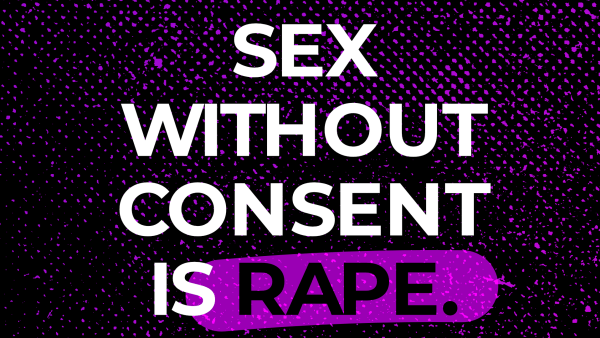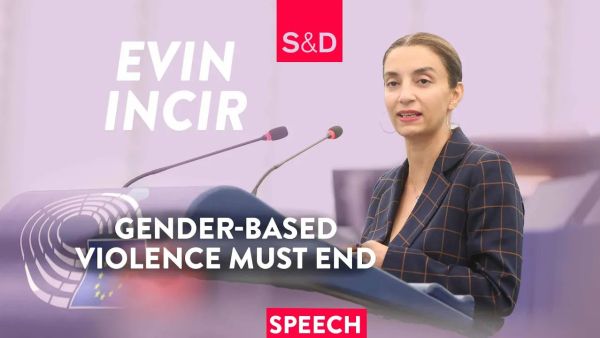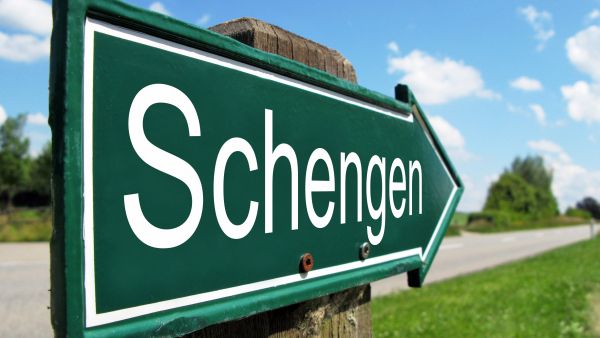As part of the Conference on the Future of Europe, socialists and democrats will gather in Budapest on Friday 4 March to promote a progressive path for Hungary based on democracy, social justice and solidarity in the EU. On Friday, the S&D Group president will also meet with representatives from the independent media forced off the air, Klubrádió, as well as civil society groups and former members of Hungary’s judicial authorities.
With democracy under constant attack in Hungary, members of the European Parliament, national parliamentarians and local representatives will listen to what local people have to say about the future of Hungary and Europe, and hear their suggestions for real change. The full programme for the event can be viewed here (EN) (HU) and watched live online from 2pm.
The debate is ongoing on the S&D Group’s online platform, #Progressives4Europe, where citizens can also share their ideas for the future of Europe.
Iratxe García, S&D Group president, said:
“The last week has shown that Europe is strongest when it responds with solidarity. Over the last decade, the Hungarian government led by Viktor Orbán has preferred isolation in the EU, by persistently attacking basic values like democracy and the rule of law. This week, we are going to Budapest to promote an alternative direction for the future of Hungary in Europe and to show Hungarians that they will never be left behind. By acting together, we can fight the inequalities that the pandemic has exacerbated in all parts of society and rebuild Europe in a fair way, with secure jobs and sustainable well-being for everyone. Hungarian citizens are committed to fairness, democracy and Europe, not a government determined to destroy these values that is failing to represent them. Basic EU values may be under serious threat in Hungary, but, as socialists and democrats, we are determined to put solidarity back at the heart of Europe and make sure people are not powerless to change.”
Klára Dobrev, S&D MEP, said:
“The Socialists and Democrats are in Budapest to talk about the alternative to Orbán’s isolationist view of the world. The Conference on the Future of Europe is about giving a voice to citizens, but nowadays this is even more challenging in Hungary where government critics are silenced and free speech is restricted. We believe real change is on the horizon in the coming weeks. Hungarians finally have an alternative with the progressive opposition platform and the choice is between Europe or Orbán. Russia’s aggression has made it clear that the shift East of the Fidesz government has been a complete failure and our true ally is the West. By opening the citizens’ event alongside the S&D Group president, Iratxe García, I also want to lead by example when it comes to the crucial role that women have to play in politics. The ratio of women in Hungarian politics is not just the lowest in the EU; it is among the lowest in Europe as a whole. If politics is there to represent people, we must have more women in public life in the future.”
István Ujhelyi, S&D MEP, said:
“S&D MEPs are gathering in Hungary this week to respond to promote a future of Europe that guarantees democracy and social justice for all. Hungarians are being taken on a path down which they do not want to go, but there is another way. We are there to listen to citizens’ views and they have been telling us to put Hungary back on track. MEPs have fought constantly to protect Hungarian citizens’ interests and this includes putting in place tools to protect EU funding from falling into corrupt hands. We desperately need to use these tools to stop Viktor Orbán lining the pockets of his friends. Throughout the pandemic, the government has invested in cronyism when it should have been investing in people. If this government had spent more time and effort working constructively with European partners, such as on building a European Health Union, it would have been able to address the issues that really matter to people. We stand for social justice and we will be in a better place to achieve this by working together in the EU.”












